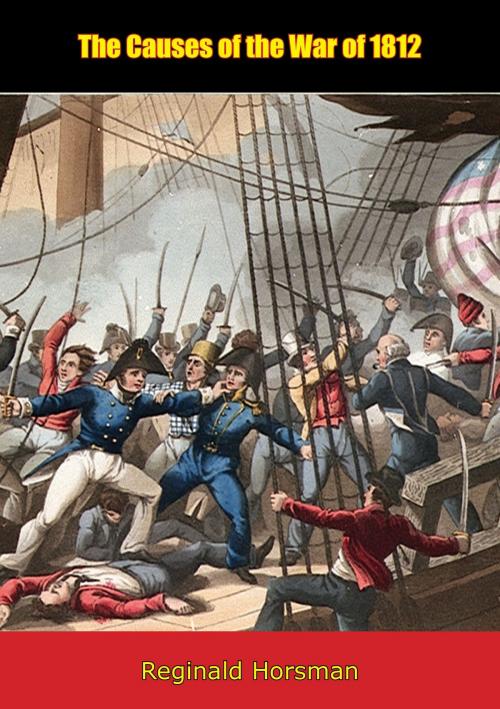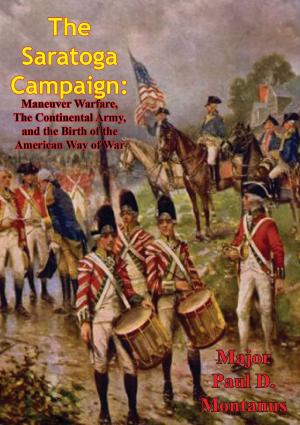The Causes of the War of 1812
Nonfiction, History, Military, Other, United States, Americas, 20th Century| Author: | Reginald Horsman | ISBN: | 9781789121957 |
| Publisher: | Papamoa Press | Publication: | September 3, 2018 |
| Imprint: | Papamoa Press | Language: | English |
| Author: | Reginald Horsman |
| ISBN: | 9781789121957 |
| Publisher: | Papamoa Press |
| Publication: | September 3, 2018 |
| Imprint: | Papamoa Press |
| Language: | English |
In the years immediately preceding the War of 1812, England was dominated by a faction that pledged itself not only to defeat Napoleon but also to maintain British commercial supremacy. The two main points of contention between England and America—impressment and the restrictions imposed by the Orders in Council—were direct results of these commitments. America finally had no alternative but to oppose with force British maritime policy.
In addition to tracing the gradual drift to war in America, Professor Horsman shows that the Indian problem and American expansionist designs against Canada played small part in bringing about the struggle. He examines the efforts made by America to avoid conflict through means of economic coercion, efforts the failure of which confronted the nation with two alternatives: war or submission to England.
This volume offers the first analysis of the causes of the war from both the British and American points of view, showing clearly that, contrary to the popular misconception, the war’s basic causes are to be found not in America but in Europe.
In the years immediately preceding the War of 1812, England was dominated by a faction that pledged itself not only to defeat Napoleon but also to maintain British commercial supremacy. The two main points of contention between England and America—impressment and the restrictions imposed by the Orders in Council—were direct results of these commitments. America finally had no alternative but to oppose with force British maritime policy.
In addition to tracing the gradual drift to war in America, Professor Horsman shows that the Indian problem and American expansionist designs against Canada played small part in bringing about the struggle. He examines the efforts made by America to avoid conflict through means of economic coercion, efforts the failure of which confronted the nation with two alternatives: war or submission to England.
This volume offers the first analysis of the causes of the war from both the British and American points of view, showing clearly that, contrary to the popular misconception, the war’s basic causes are to be found not in America but in Europe.




![Cover of the book Wilderness-Spotsylvania Staff Ride Briefing Book [Illustrated Edition] by Reginald Horsman](https://www.kuoky.com/images/2018/april/300x300/9781789121209-vtMd_300x.jpg)










